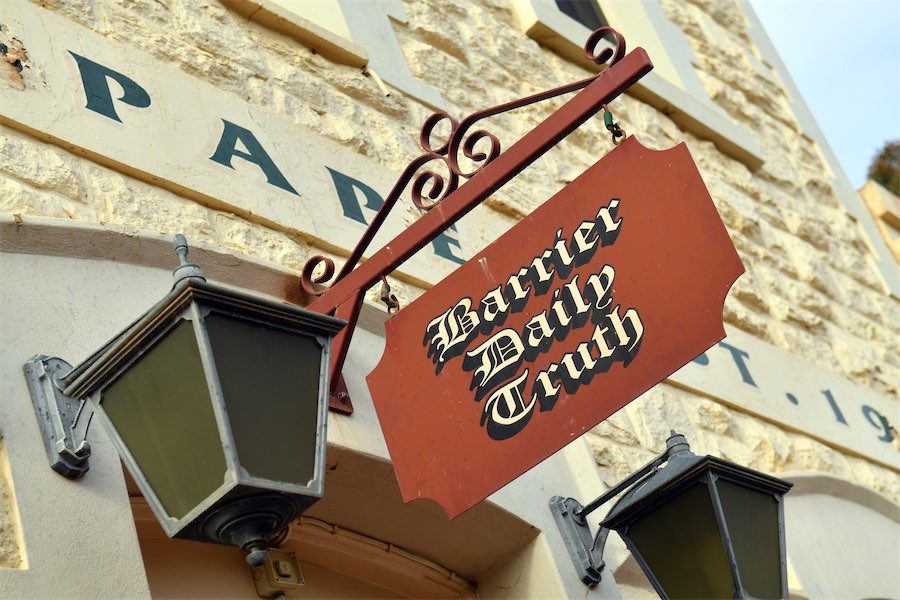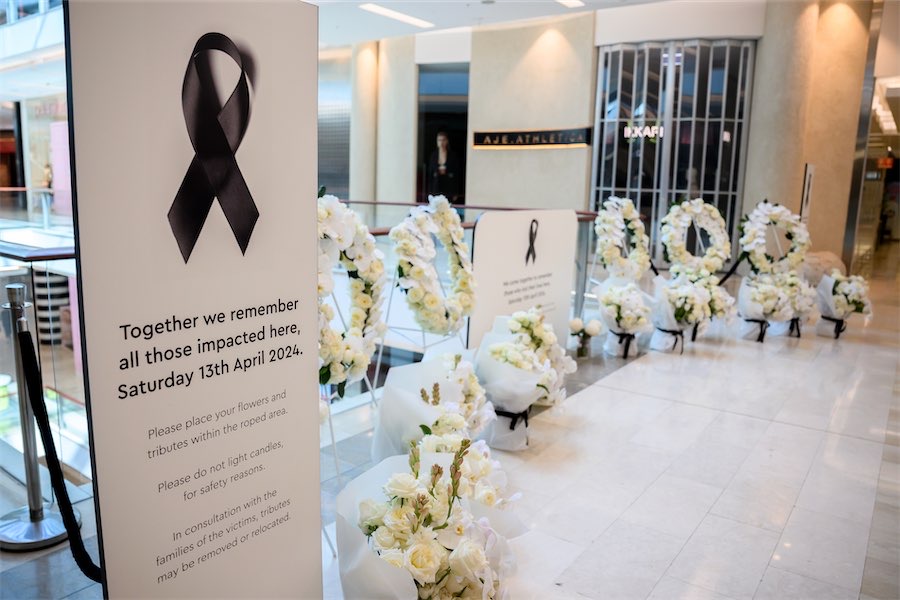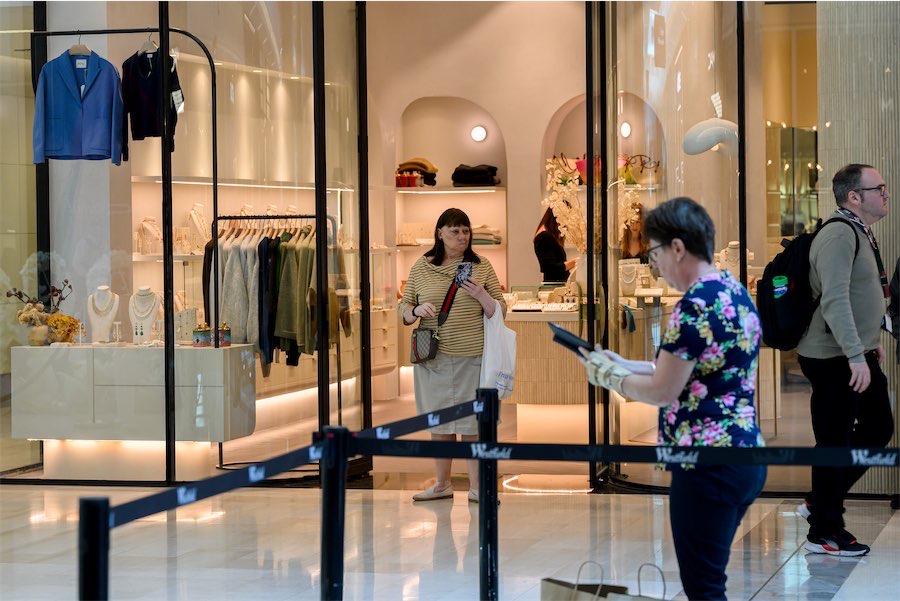By Michelle Grattan, University of Canberra
THE much-awaited Cornall report into the Manus violence in February makes one very obvious recommendation: do whatever’s possible to speed up determinations, resettlement of refugees and removal of those with failed claims.
It’s clear that needed to be done from the start of the “PNG solution”. Yet the first outcomes have only just come through.
The report points to root causes of the February rioting: asylum seekers’ anger at being in PNG and the prospect of being resettled there if refugees; frustration at the processing delay, uncertainty and lack of information. There was antagonism between some detainees and the locals, whom they taunted.
Robert Cornall, a former head of the Attorney-General’s department, quotes a horrifying eye witness account of how young Iranian Reza Barati was set upon and murdered.
Leaving the computer room, Barati tried to get back to his own room; he was attacked with a stick by a PNG national employed by the Salvation Army. He fell; some 10 PNG locals, PNG guards and Australian expats kicked him in the head. “The last one, one of the PNG locals … he put a very big stone on his head,” the witness said.
No one has yet been charged by the PNG police with Barati’s killing.
Asked whether Barati had engaged in protest activity, Immigration Minister Scott Morrison told a news conference: “There is nothing in this report that has been able to establish that either way”.
Only some 30% of the asylum seekers took part in the rioting of February 17-18. While some detainees escaped the centre, the real trouble came when the mobile squad of the PNG police, followed by PNG nationals and a few expats (some of them service provider employees) entered the Mike compound.
The nationals and sometimes the expats and police went into bedrooms; people were dragged out and beaten, the mobile squad fired shots.
Security at the centre was underdone, despite warnings over months that it should be improved. Fencing and lighting were inadequate and there was no CCTV. There was a lack of clarity around the roles and responsibilities of the provincial constabulary and the mobile squad and the co-ordination of their actions with the G4S, the contractor at the time.
“It is not possible to isolate one factor which, if handled differently, may have resulted in less injuries and damage or to apportion blame for causing the incidents directly to one or more of the parties involved,” the report says.
The best way to prevent such incidents recurring is to address the underlying causes and to better match security to risk, it says.
It sees the recent arrival of the new contractor, Transfield, as an opportunity to restore trust between service providers and detainees, and urges the improvement of communications. A community liaison program should better inform locals; improvements are proposed for the centre, as well as comprehensive training for PNG national staff, improved co-ordination between authorities, and better risk assessment and management.
The government has accepted all the recommendations which its says are being implemented.
But if only more had been done earlier.
“G4S raised its concern about the high risks involved in accommodating up to 1400 single adult males in a low security, temporary centre with the [Immigration] Department on a number of occasions in the months preceding the incidents,” the report says.
Morrison is not a man inclined to self blame but he did express “regret” that security was not upgraded faster.
He had the commander of Operation Sovereign Borders Angus Campbell do a security assessment in mid-October; on the basis of that he had ordered the security upgrade. “We took every action we could as quickly as we could. But it is my great regret that some of those actions weren’t able to be implemented in time’‘, Morrison told his news conference.
“I’m frustrated that the lighting and the CCTV and the fencing was not in place at that time. It was in the process of being done. I’d authorised that in late November,” he said.
“These things take longer frankly than I think they should.”
Of course Morrison points to Labor. The previous government had been advised a security upgrade was needed “and had done absolutely nothing”.
But that simply spreads some blame. It’s certainly not any sort of absolution for this government.
It is a difficult location but obviously Morrison and his department did not act quickly enough to strengthen security and provide adequate protection for the asylum seekers. Surely lighting and a strong fence could have been erected quite quickly.
Morrison’s (and the government’s) priority was stopping the boats; it is hard to avoid the conclusion that Manus was given lower priority. The decision was taken but the follow through was lacking.
His success on the boats front has made Morrison a hero among Liberal colleagues (just as his internal rival Joe Hockey is getting criticism from some of them over the budget). But ensuring the safety and decent treatment of the asylum seekers was equally part of his job, and there the performance is wanting.
Morrison is right when he says “the most significant issue in all of this was the policy itself, and the fact that people were in a place they didn’t want to be in”.
That reinforced the need for adequate security, and also speed in processing.
Labor, meanwhile, no longer has to run the policy but it faces some challenges in managing the politics of the asylum issue internally.
Backbenchers Melissa Parke and Anna Burke recently gave notice of a motion for caucus (which won’t come up for a few weeks) urging Labor to no longer support the transfer of asylum seekers to Manus Island or Nauru and to call for the detention centres there to be closed.
The motion says the circumstances of these places violate Australia’s international obligations and are inconsistent with the ALP national platform commitment to “treat people seeking our protection with dignity and compassion and in accordance with out international obligations and core Australian principles of fairness and humanity”.
Given it fathered last year’s iteration of the hardline Manus policy, there is no way Labor can or will walk away from it.
If it went to a vote in caucus in its present form the Parke motion would be defeated; even in the left there is a feeling that it should be altered, or sent off to party conferences.
Expect that there will be a lot of work behind the scenes to try to manage the motion.
But there is also a recognition that Labor needs to address the concerns of its base on the asylum issue. That could make for an balancing act when Labor spokesman Richard Marles addresses the National Press Club on Tuesday.
Listen to the newest Politics with Michelle Grattan podcast with new AMA President Brian Owler here.
![]()
Michelle Grattan does not work for, consult to, own shares in or receive funding from any company or organisation that would benefit from this article, and has no relevant affiliations.
This article was originally published on The Conversation.
Read the original article.
Who can be trusted?
In a world of spin and confusion, there’s never been a more important time to support independent journalism in Canberra.
If you trust our work online and want to enforce the power of independent voices, I invite you to make a small contribution.
Every dollar of support is invested back into our journalism to help keep citynews.com.au strong and free.
Thank you,
Ian Meikle, editor





Leave a Reply